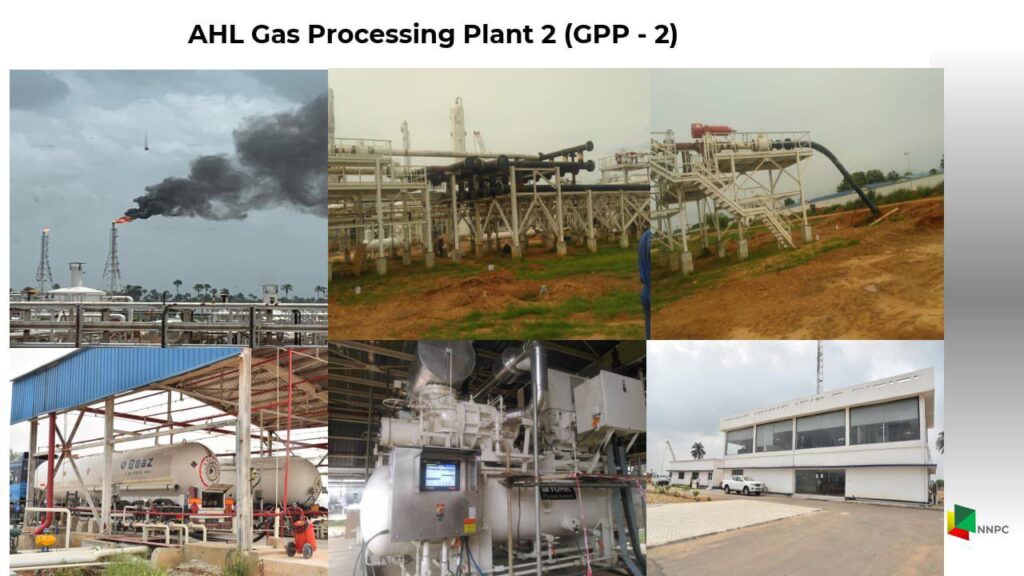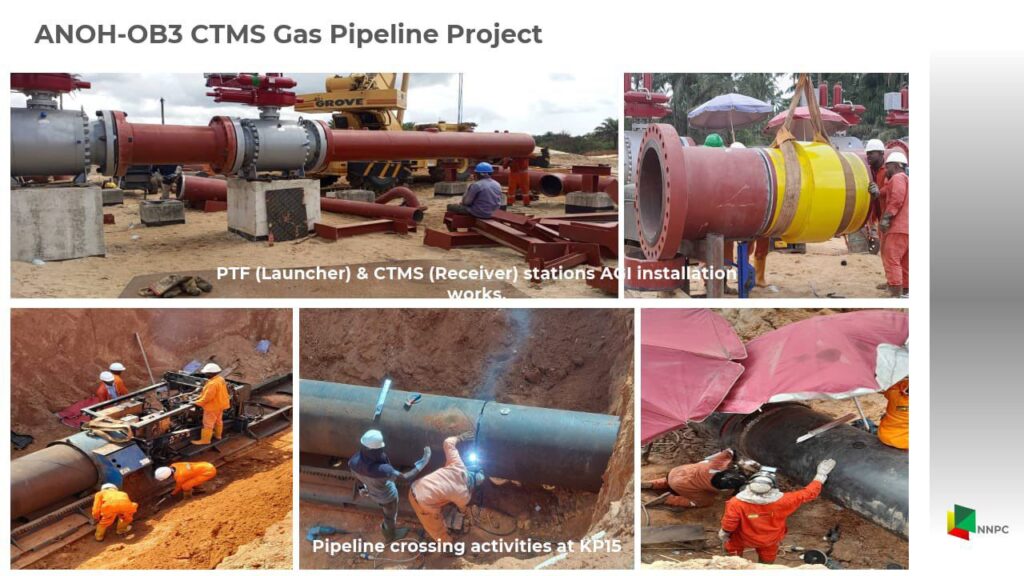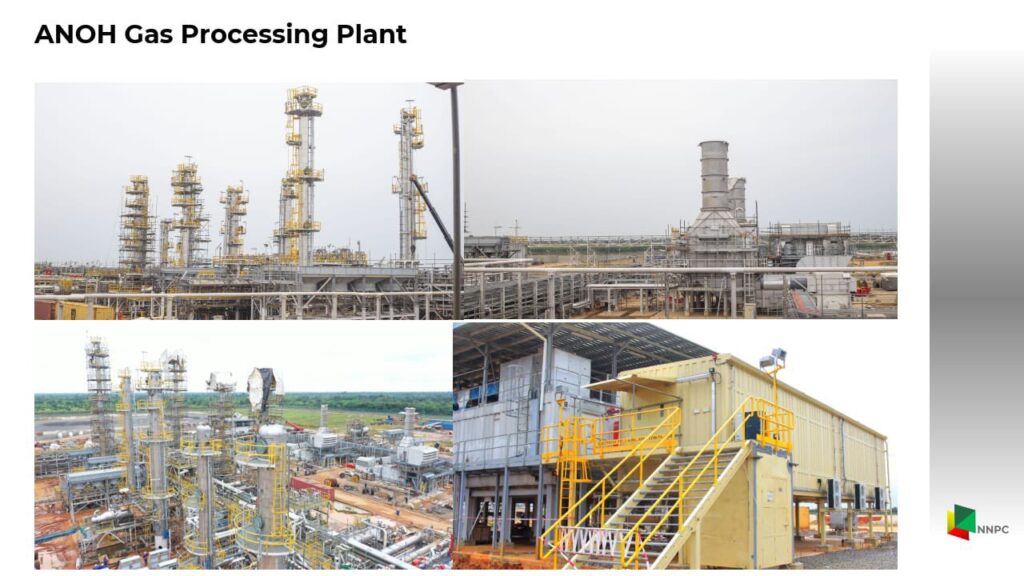President Bola Tinubu is set to commission three pivotal gas infrastructure projects, a testament to his dedication to utilizing gas to bolster the economy.
These projects, spearheaded by the Nigerian National Petroleum Company Limited (NNPCL) and its partners, align with the government’s agenda to harness the nation’s gas resources for economic growth while curbing gas flaring.
According to a statement released on Friday by Ajuri Ngelale, the Special Adviser to the President on Media & Publicity, the acceleration of these projects since the beginning of the administration underscores the commitment to enhancing domestic gas supply, a crucial element for driving economic prosperity.
The statement pointed out that the delivery of these projects signified a strategic step towards achieving sustainable economic development and reducing environmental impact through efficient gas utilization.

Several significant gas infrastructure projects are set to be commissioned, marking a pivotal step towards leveraging gas resources for economic growth and sustainability.
First on the list is the AHL Gas Processing Plant 2 (GPP – 2), designed to process 200MMscf/d of rich gas.
This expansion of the Kwale Gas Processing Plant (GPP – 1) aims to deliver lean gas through the OB3 Gas Pipeline, with anticipated outcomes including strengthened industrialization, reduced dependency on LPG imports, and increased production of Propane and Butane.
Next, the ANOH Gas Processing Plant (AGPC) comes into focus, boasting an impressive capacity of 300MMscf/d. Situated in Imo State, this integrated plant will process non-associated gas from the Assa North-Ohaji South field, thereby enhancing domestic gas supply, power generation, and industrialization.

A joint venture between NNPC Limited and Seplat Energy Plc, the project is set to enhance the collaborative efforts in advancing Nigeria’s gas sector.
Lastly, the ANOH-OB3 CTMS Gas Pipeline Project stands out with its construction of a 36”x23.3km gas pipeline.
This pipeline is crucial for evacuating dry gas from the ANOH primary treatment facility to the OB3 Custody Transfer Metering Station, estimated to deliver around 600MMscf/d.
By significantly contributing to increased gas supply and economic growth, this project further reinforces Nigeria’s commitment to harnessing its gas resources for sustainable development.
Collectively, these initiatives are poised to bolster domestic gas supply by approximately 500mmscf/d, creating a conducive investment climate and driving balanced economic development across various sectors.






